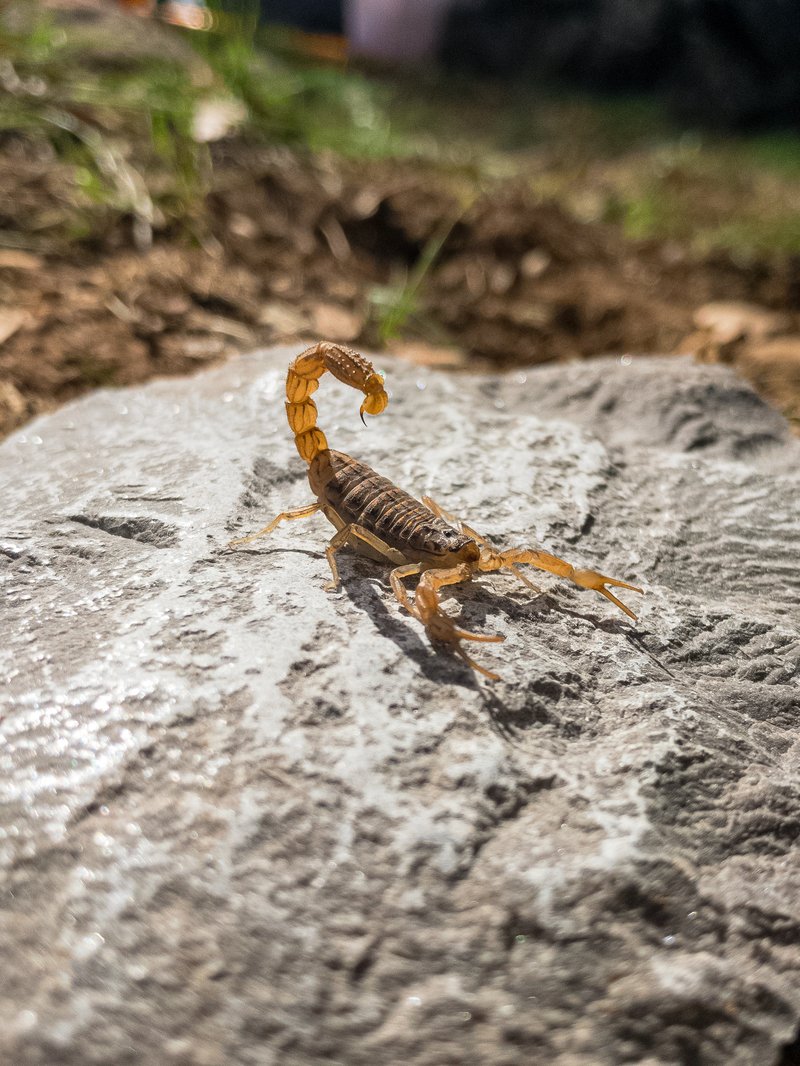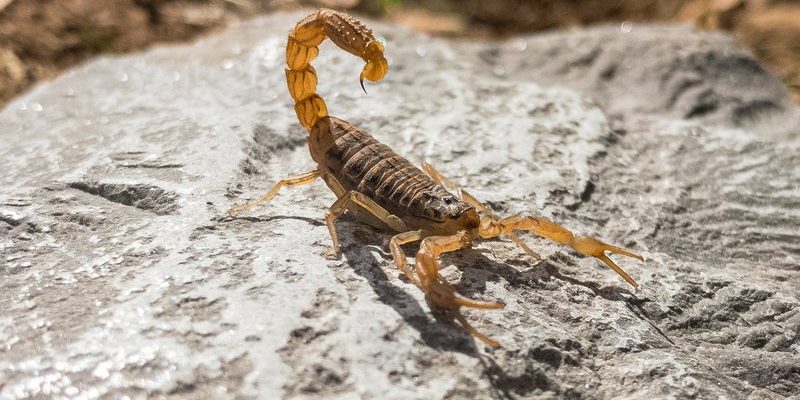
Here’s the thing—scorpions aren’t just lurking under rocks waiting to chase down the unsuspecting. They’re actually important predators, and their presence impacts the entire food web. Think of them as nature’s pest control agents, helping manage populations of insects and other small animals. In this blog post, we’ll unravel the many ways scorpions contribute to the ecosystem, shedding light on their often misunderstood nature.
Scorpions as Predators
Scorpions are skilled hunters, primarily feeding on insects, spiders, and even small rodents. They possess specialized venom that allows them to immobilize their prey quickly. This makes them effective predators, playing a significant role in controlling insect populations. Without these little hunters, you could imagine a world overrun with pests, where crops and human activities suffer.
The process of predation keeps the balance in nature. By eating insects, scorpions help regulate their populations, preventing any one species from becoming too dominant. This is especially important in agricultural areas, where these pests can cause serious damage. So, what happens if we take scorpions out of the picture? Potentially, we could see a surge in certain insect populations, leading to crop failures and more pests invading our homes.
Moreover, scorpions have a fascinating hunting strategy. They use their pincers to grab and hold onto their prey while their venom delivers a quick knockout punch. This method reduces competition for food with other predators, allowing them to thrive in various habitats, from deserts to forests.
The Role of Scorpions in the Food Chain
Scorpions are integral to the food chain, serving as both predators and prey. They often fall victim to larger animals such as birds, lizards, and mammals. This dual role helps maintain diversity in the ecosystem, as it ensures that energy flows through the food web effectively.
You might be wondering why this matters. When scorpions serve as food for other animals, they help to transfer energy from lower levels of the food chain up to higher ones. Think about it: if there were no scorpions, those animals that depend on them for food would struggle to survive. The loss of a single species can have ripple effects, impacting many others.
In this way, scorpions help foster biodiversity. The more species there are, the healthier the ecosystem becomes. They contribute to a balanced environment where each organism has a role to play—like a well-oiled machine.
Soil Health and Scorpion Activity
You might not associate scorpions with healthy soil, but they actually contribute to this important aspect of the ecosystem. As they hunt and move through the ground, they help aerate the soil. This process boosts microbial activity, which is vital for nutrient cycling.
Aerated soil allows for better water infiltration and root growth, promoting plant health. Plants, in turn, provide oxygen and food for other organisms. When scorpions die, their bodies decompose, enriching the soil with organic matter and nutrients. It’s like giving the earth a little boost, making sure it stays fertile and productive.
Additionally, scorpions contribute to the food web by providing nutrients to other organisms through their own waste. This natural recycling process is crucial for maintaining soil quality, which ultimately affects plant growth and the overall health of the ecosystem.
Scorpions and Ecological Indicators
Scorpions are often seen as indicators of environmental health. Their presence can signal a balanced ecosystem, while their decline might suggest something’s off in the environment. For instance, if scorpions start to disappear from a region, it could indicate that their habitat is being disrupted or that the prey population is dwindling.
Consider it this way: when you see scorpions thriving, it’s a sign that the ecosystem is functioning well. Scientists often study their populations to assess the impact of human activity, climate change, and habitat loss on the environment.
Their resilience in adapting to various habitats also highlights the importance of preserving biodiversity. Ensuring a safe environment for scorpions is often a proxy for safeguarding the larger ecosystem. When we protect scorpions, we’re indirectly protecting many other species, including ourselves.
The Unique Adaptations of Scorpions
Scorpions are fascinating creatures with some remarkable adaptations that help them survive in harsh environments. For starters, many species can thrive in arid conditions, thanks to their ability to minimize water loss. They have a tough exoskeleton that retains moisture, ensuring they can live in places where other creatures might struggle.
Additionally, scorpions have excellent camouflage, blending seamlessly into their surroundings. This ability not only helps them ambush prey but also protects them from larger predators. Their venom is another adaptation—though harmful to prey, it’s essential for scorpions to capture and consume their food effectively.
Interestingly, some species can even glow under ultraviolet light, a phenomenon that fascinates scientists. This glow might play a role in communication or deterrence against predators. These unique traits illustrate the evolutionary marvel that scorpions represent, showcasing how they adapt to survive and thrive in diverse ecosystems.
Scorpions and Human Interaction
While scorpions may seem intimidating, they actually have a complex relationship with humans. In many cultures, they are viewed with fear, but some people appreciate their ecological importance. Educating others about their role can help reduce unnecessary panic and promote coexistence.
In fact, some cultures even hold scorpions in high regard, using them in traditional medicine for their purported health benefits. They’re an essential part of nature, and understanding their significance can help reduce the stigma surrounding them. You might find that learning more about these creatures helps ease that initial fear, allowing for a greater appreciation of their role in our ecosystems.
Moreover, as urban areas expand into natural habitats, conflicts can arise between scorpions and humans. It’s crucial to learn how to coexist with these creatures, as they can help control pest populations around our homes. Implementing simple changes, like reducing clutter and sealing entry points, can help minimize unwanted encounters while allowing scorpions to thrive outside.
Scorpions may not be everyone’s favorite creature, but their importance to our ecosystems cannot be overstated. From their predatory role in keeping insect populations in check to their contributions to soil health and biodiversity, these fascinating arachnids are essential players in nature’s game.
So the next time you see a scorpion—or even just think about them—try viewing them through a different lens. Recognize that these creatures are not just scary visitors but vital components of a balanced ecosystem. By understanding and respecting their role, we can learn to coexist with scorpions and appreciate their unique contributions to the world around us. Embrace the idea that scorpions, with their unique adaptations and ecological importance, truly deserve a place in the spotlight.

